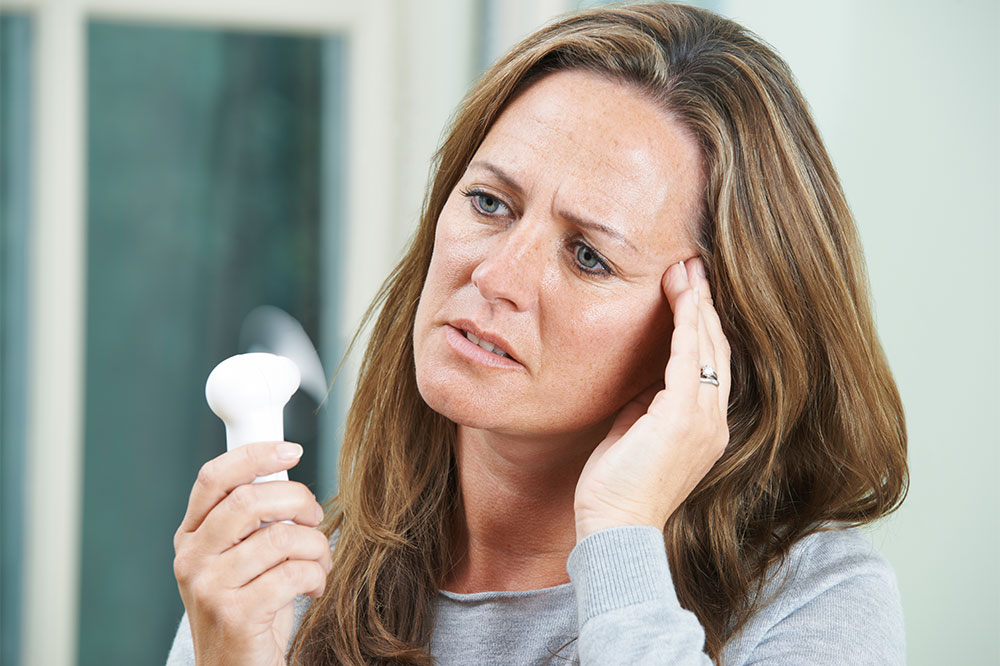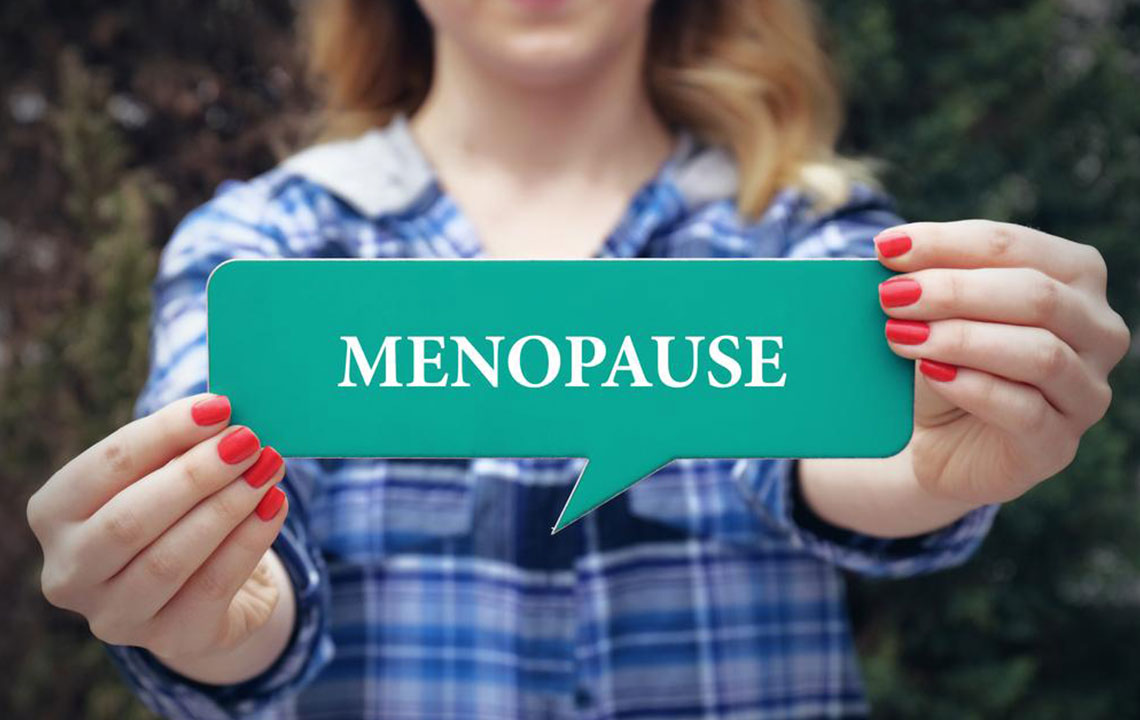Common bodily changes that women experience during menopause
Menopause is a stage in a woman’s life that signals the end of her monthly period cycle. However, it does not occur overnight. Women first enter the perimenopause stage, wherein the physical and hormonal structures of their bodies undergo many changes. If there is no recurrence of the cycle for 12 consecutive months, then they are said to have entered menopause. Monthly menstrual cycles generally stop between the ages of 45 and 55; the average age at which menopause sets in is 51, when the functions of a woman’s ovaries gradually start to decline.

It is important to note that this is a perfectly natural cycle and hardly a cause for concern. However, as women near their menopausal stages, they might be faced with certain health risks that increase over time. While research attributes some triggers to genetics, there is a number of other factors that can give rise to these changes. When one starts to experience adverse symptoms, it is advisable to consult a specialist. However, with adequate care and timely changes made to one’s lifestyle, this transition can be easily managed. Here are some of the transitions that women go through during their perimenopausal and menopausal stages:
Hot flashes
Reduced levels of estrogen in the body can cause hot flashes, one of the most common symptoms women experience during a normal menopausal transition. The shift in hormonal cycles caused due to low levels of estrogen, age, and changes in daily lifestyle can also trigger mood swings in women.
Bone health
Menopause affects bone health as well—the gradual decline in estrogen levels can also lead to a loss of calcium, making the bones brittle. Women are highly susceptible to bone-related conditions such as osteoporosis during menopause. This is one of the reasons why women must adopt a healthier diet and make lifestyle changes that help promote bone health. Steps must also be taken to reduce the risk of spine, hip, and joint fractures during this time.
Weight management
It is not uncommon for women to experience weight gain during and after the transition. Body weight is directly linked to certain hormones, and changes in the same can trigger weight gain. Weight gain can further lead to complications; this is why there is a strong need to create a healthy and regular diet plan and exercise routine at this stage. It is also crucial to avoid complications in heart health. Often during menopause, a severe drop in estrogen levels can cause the arteries that pump blood throughout the body to lose flexibility. This, in turn, can impact blood circulation and increase the chances of cardiac palpitations.
Severity of symptoms
Different women may experience different symptoms but the severity of these symptoms greatly varies depending on one’s age, health, and other factors.. For instance, one may experience hot flashes frequently, but may not necessarily experience mood swings at the same time; some women might experience more facial hair growth while others might not. Treatment of these symptoms, too, will vary accordingly.




